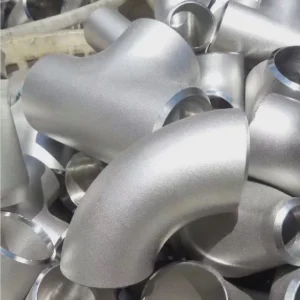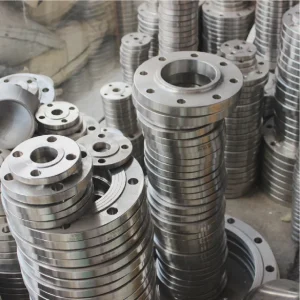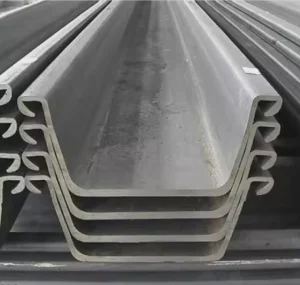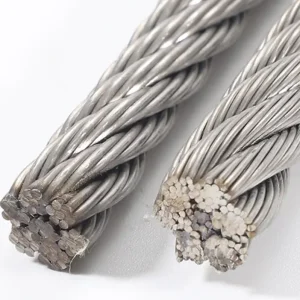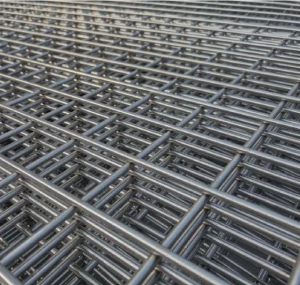Coated aluminum alloy coil refers to an aluminum coil that has undergone a surface treatment and coating process, typically with organic paints, to enhance its properties and appearance. This product combines the inherent benefits of aluminum, such as being lightweight and corrosion-resistant, with the protective and aesthetic qualities of the applied coating.
Coating Systems and Properties
Several types of coatings are commonly used, each offering distinct characteristics:
- PE (Polyester): Offers good adhesion, a wide range of colors, and moderate durability. Suitable for interior applications and some exterior uses with less demanding weather conditions.
- PVDF (Polyvinylidene Fluoride): Known for its excellent weather resistance, UV stability, and chemical resistance. Ideal for long-lasting architectural applications, especially in harsh environments.
- HDPE (High-Durability Polyester): Provides better weather resistance and color retention than standard PE, serving as a mid-tier option.
- FEVE (Fluoroethylene Vinyl Ether): Offers superior durability, gloss retention, and chemical resistance, often exceeding PVDF in certain aspects.
- Epoxy Coatings: Primarily used as primers for their excellent adhesion and corrosion protection, or for specific applications requiring high chemical resistance where UV exposure is not a concern.
These coatings significantly improve corrosion resistance, provide a decorative finish, and can offer specific functional properties like anti-graffiti or increased hardness.
Common Aluminum Alloys for Coating
The choice of aluminum alloy depends on the intended application and required mechanical properties. Commonly used alloys include:
- 3xxx Series (e.g., 3003, 3004, 3105): Known for good formability and moderate strength, making them suitable for general-purpose applications like roofing, cladding, and guttering.
- 5xxx Series (e.g., 5005, 5052): Offer higher strength and excellent corrosion resistance, particularly in marine environments. Often used for architectural panels and transportation applications.
These alloys provide a good balance of workability for the coating process and performance in their end-use environment.
Manufacturing and Quality
The coil coating process is a continuous and highly efficient method. It typically involves:
- Pre-treatment: The aluminum coil is thoroughly cleaned and chemically pre-treated to ensure optimal adhesion of the coating.
- Primer Application: A primer coat is often applied to enhance corrosion resistance and improve topcoat adhesion.
- Topcoat Application: The desired color and finish coat is applied using precision roller coaters. Multiple coats can be applied for specific requirements.
- Curing: The coated coil passes through ovens to cure the paint, ensuring a hard and durable finish.
Stringent quality control measures are implemented throughout the process, covering aspects like coating thickness, color consistency, adhesion, and flexibility. Many manufacturers, including those with robust quality systems like Shanxi Luokaiwei Steel Company, employ advanced testing to ensure product specifications are met.
Key Applications
Coated aluminum alloy coils are versatile and find use in numerous sectors:
- Construction: Roofing systems, wall cladding, facades, ceilings, gutters, and downspouts.
- Transportation: Body panels for caravans, trucks, buses, and marine applications.
- Appliances: Refrigerator panels, washing machine casings, and microwave ovens.
- Signage and Advertising: Billboards, road signs, and shopfronts.
- Electronics: Casings for electronic devices.
- Packaging: Bottle caps and can ends.
Advantages of Coated Aluminum Coils
The use of coated aluminum coils offers several distinct benefits:
- Enhanced Durability: The coating protects the aluminum substrate from environmental factors, extending its service life.
- Aesthetic Versatility: Available in a vast array of colors, gloss levels, and textures, including metallic and wood-grain finishes.
- Lightweight: Reduces structural load and simplifies handling and installation.
- Excellent Formability: Can be easily bent, stamped, and shaped without damaging the coating, allowing for complex designs. Suppliers such as Shanxi Luokaiwei Steel Company often provide materials optimized for such processes.
- Superior Corrosion Resistance: Both the aluminum alloy and the protective coating contribute to high resistance against corrosion.
- Consistency and Efficiency: Coil coating provides a uniform, high-quality finish applied efficiently under controlled factory conditions.
- Recyclability: Aluminum is highly recyclable, making coated aluminum an environmentally friendly choice.
Selection Criteria
When selecting a coated aluminum alloy coil, consider the following factors:
- End-Use Environment: Exposure to UV radiation, humidity, salt spray, pollutants, and temperature variations will dictate the type of coating needed.
- Required Lifespan: For long-term applications, high-performance coatings like PVDF or FEVE are recommended.
- Mechanical Properties: The alloy must meet the strength, formability, and stiffness requirements of the application.
- Aesthetic Requirements: Color, gloss, texture, and overall appearance.
- Processing Requirements: Compatibility with subsequent fabrication processes like bending, cutting, or stamping.
- Budget: Different coating systems and alloys vary in cost.
Consulting with experienced suppliers, for instance, Shanxi Luokaiwei Steel Company, can help in specifying the optimal product combination of alloy, pre-treatment, and coating system for a particular application.



